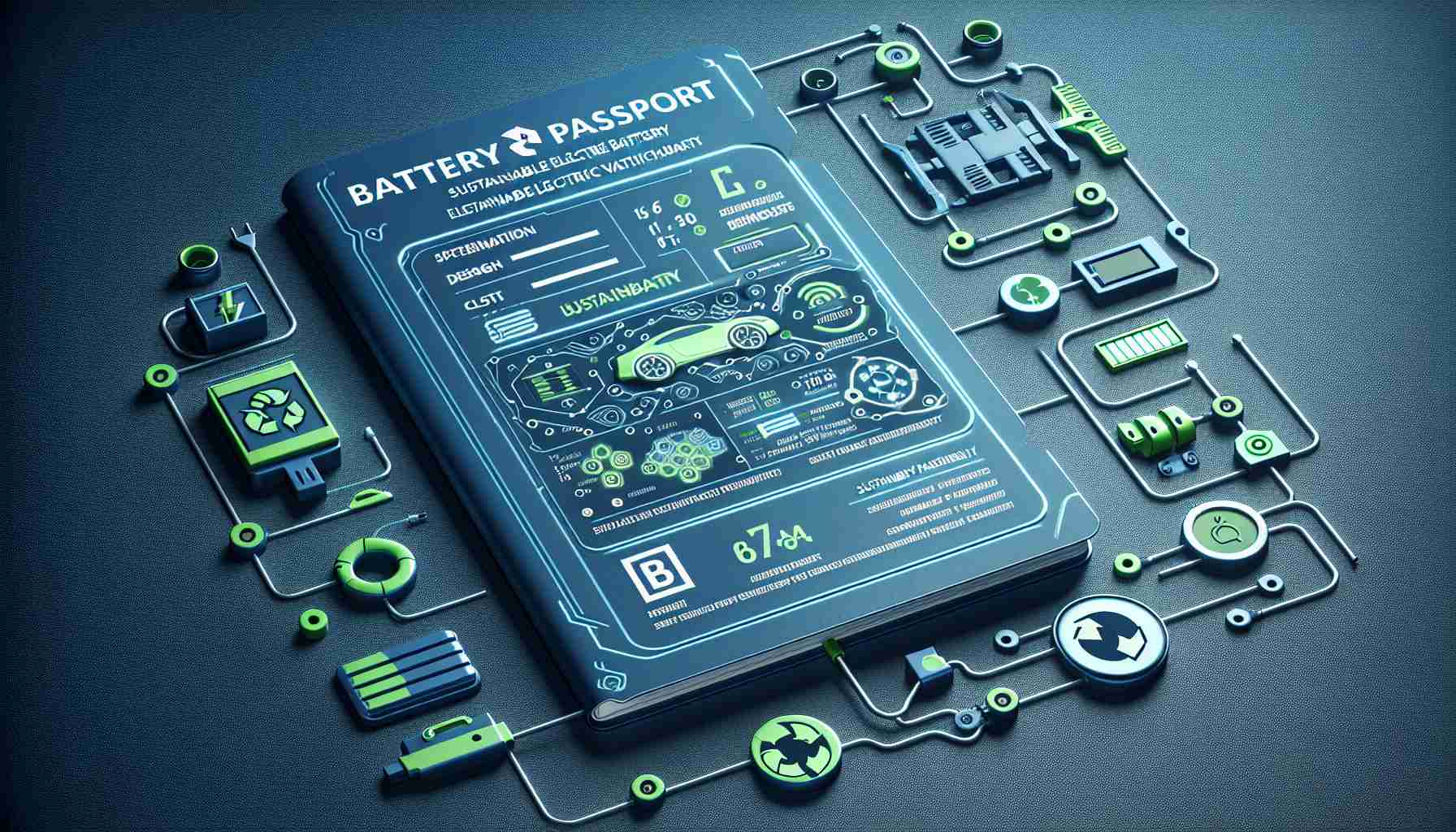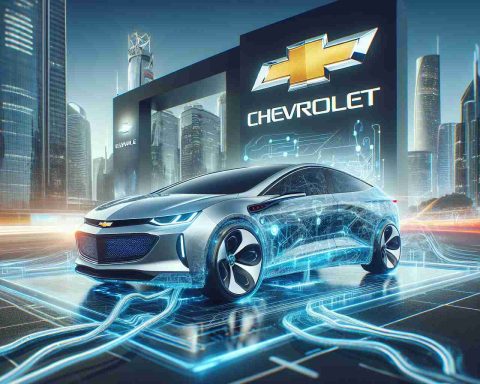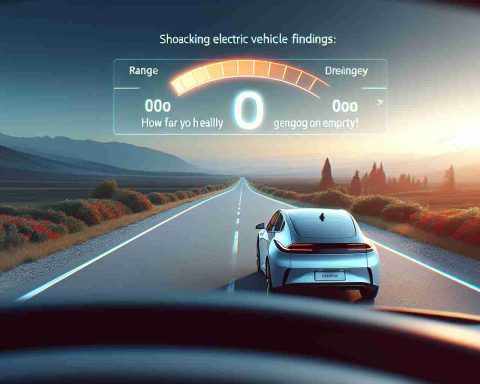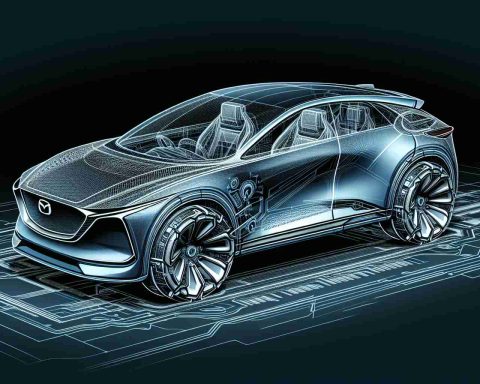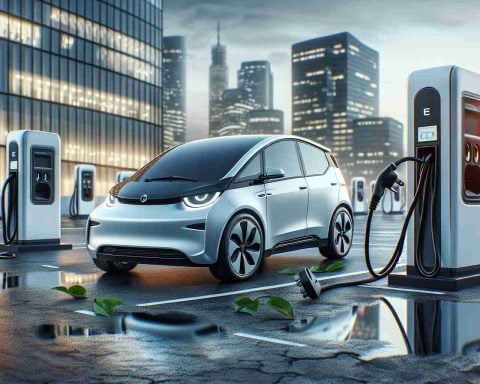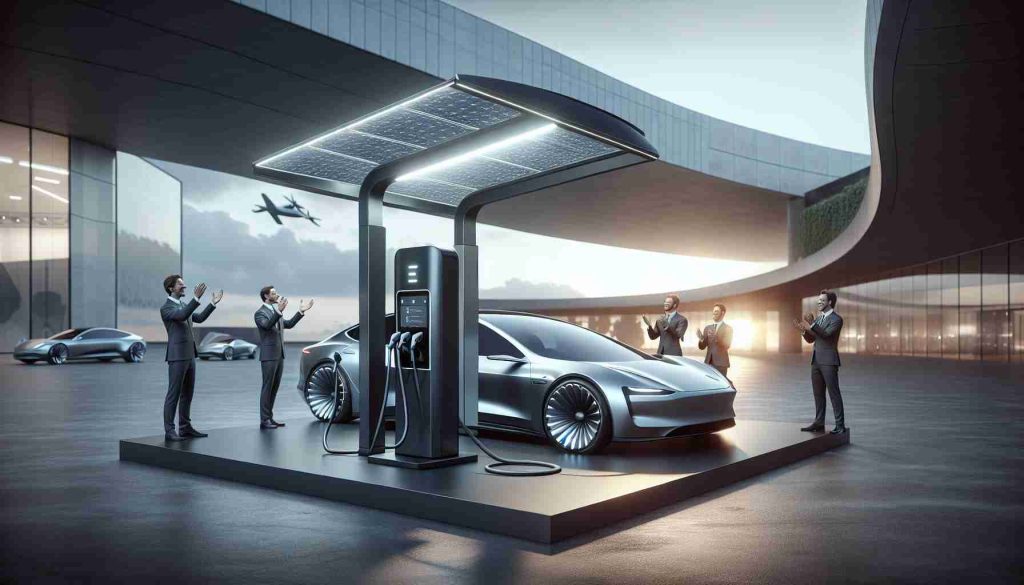- Volvo’s EX90 electric SUV features an innovative Battery Passport, tracking battery origins and environmental impact.
- The Battery Passport aligns with EU regulations that require all EVs in Europe to have such documentation by 2027.
- This initiative provides a transparent “sustainability certificate” detailing the battery’s lifecycle for responsible use.
- The passport aids in monitoring battery health for up to 15 years and highlights reuse opportunities post-automotive life.
- Industry-wide adoption is underway, with major players recognizing the importance of sustainable battery practices.
- Volvo’s initiative signifies a significant shift towards eco-friendly automotive innovation and regulatory alignment.
Volvo’s cutting-edge EX90 luxury electric SUV is breaking new ground with its revolutionary Battery Passport, an industry-first innovation that tracks a battery’s entire journey—from its origins to its environmental footprint. This digital identifier aligns with upcoming EU regulations mandating that all electric vehicles sold in Europe feature a Battery Passport by 2027, paving the way for higher transparency and environmental accountability in battery production.
Visualize this: akin to a sustainability certificate, every aspect of the battery’s composition and lifecycle is documented, like a gourmet dish with its ingredients meticulously traced back to source. This transparency offers a detailed roadmap, crucial for responsible battery use even after its purpose in vehicles ends. For up to 15 years, the passport monitors battery health and uncovers potentials for reuse. Even after their automotive life, these batteries maintain up to 70% of their charge, making them ideal for renewable energy storage solutions.
The industry is taking notice. Major car manufacturers, from China to Japan, are rapidly aligning with this shift, indicating a universal trend towards more sustainable practices in battery production. This transformative approach promises reduced carbon footprints and heightened regulatory compliance across the board.
In essence, Volvo’s introduction of the Battery Passport represents a visionary leap towards a greener future. It ensures accountability and sustainability in the ever-evolving electric vehicle market, shining as a beacon of hope for eco-minded consumers and setting a new standard for automotive innovation worldwide. As electric mobility advances, Volvo’s Battery Passport emerges as a definitive step toward sustainable transportation.
The Future of Electric Vehicles: How Volvo’s Battery Passport Sets a New Standard
What is Volvo’s EX90 Battery Passport and Why is it Important?
Volvo’s EX90 luxury electric SUV introduces the groundbreaking Battery Passport, a digital identifier that tracks the entire lifecycle of a battery. This innovation is not just about compliance with the upcoming EU regulations set for 2027, which require all electric vehicles in Europe to have such a passport, but it is a significant step towards greater transparency and environmental responsibility in battery production. The Battery Passport documents every facet of the battery’s composition, from sourcing materials to its environmental impact, much like a sustainability certificate. This comprehensive tracing is pivotal for ensuring responsible battery usage and disposal, making it crucial in the fight for a sustainable future.
How Does the Battery Passport Benefit Consumers and the Environment?
The Battery Passport offers multifaceted benefits for both consumers and the environment. For consumers, it ensures that the vehicle’s battery is reliable and tracks its health over a lifespan of up to 15 years. This feature provides insights into potential reuse avenues, maintaining up to 70% charge even after its prime automotive functionality, which can be repurposed for renewable energy storage solutions. Environmentally, by creating a detailed roadmap of the battery’s lifecycle, the initiative contributes to lowering the carbon footprint and promotes sustainable production practices across the automotive industry. This heightened level of accountability and sustainability helps preserve ecological balance and pushes the industry towards more eco-friendly innovations.
What are the Industry Implications and Future Predictions with Battery Passport Initiatives?
The introduction of the Battery Passport in Volvo’s EX90 has far-reaching implications for the automotive industry. Major car manufacturers globally, especially from regions like China and Japan, are swiftly aligning with this trend, signaling a universal move towards sustainable practices. This shift is projected to result in reduced carbon footprints and enhance regulatory compliance on a global scale. As seen with Volvo’s bold step, other automakers are likely to follow suit, integrating such transparency measures in their production models. Looking ahead, this initiative might become a standard across the industry, pushing technological advancements and setting a new paradigm for automotive innovation aimed at achieving broader environmental objectives.
For more information about Volvo and its innovative efforts, visit the official Volvo Cars website.
